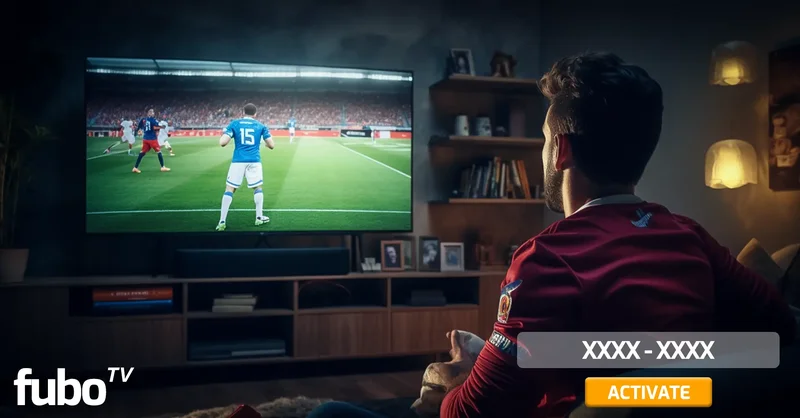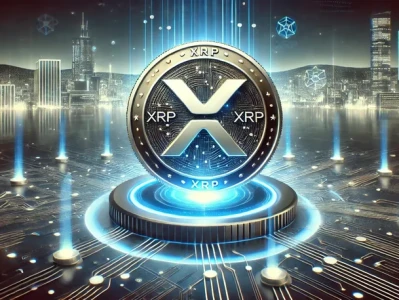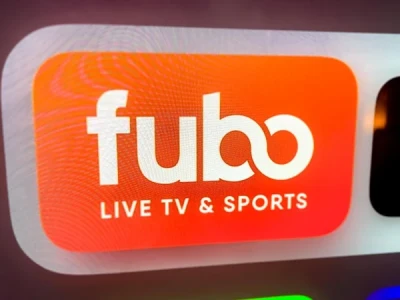Generated Title: Fubo's Gamble: Can Sports Skinny Bundles Outrun Cord-Cutting Realities?
Fubo is betting big on sports. The recent dust-up between YouTube TV and Disney (affecting ABC, ESPN, and the whole shebang) highlights the precariousness of streaming contracts. Fubo's play? A "sports skinny bundle" – a leaner, meaner package designed to lure in die-hard fans without the bloat (and cost) of a full-fledged cable replacement.
The Skinny on Skinny Bundles
Fubo's CEO, David Gandler, claims minimal overlap between Fubo and Hulu + Live TV subscribers post-merger, arguing Fubo’s sports focus differentiates it. He even suggests Fubo can tap into the ESPN ecosystem (direct-to-consumer content, radio, the works) to boost subscriber numbers profitably. That's the key word, isn't it? Profitably.
The appeal is obvious: Offer a cheaper package centered on live sports, and you theoretically grab viewers who are primarily interested in, say, NFL RedZone or college football, and are tired of paying for channels they never watch. Sling TV is already playing in this space with its Sling Pass options, offering day, weekend, or week-long passes. Short-term passes are interesting, but I wonder if they are sustainable. Will people really buy a pass every single week?
But here's where my internal alarm bells start ringing. Fubo reported 1.631 million paid North American subscribers in Q3 2025, up a measly 1.1% year-over-year. Revenue? Down 2.3% to $368.6 million. They’re touting a positive Adjusted EBITDA of $6.9 million (their second consecutive quarter!), but free cash flow is still negative -$9.4 million. That’s not exactly a picture of explosive growth justifying a risky pivot. FuboTV Reports Strong Q3 Growth Amid Hulu Merger
The Cord-Cutting Paradox
The problem Fubo faces is the cord-cutting paradox. People are ditching traditional cable for cheaper, more flexible streaming options. But as streaming services proliferate, and as content gets fragmented across different platforms (Disney pulling its channels from YouTube TV being a prime example), the costs start creeping back up. Suddenly, you're paying for four or five different subscriptions to get everything you want.

Fubo's skinny bundle is an attempt to address this, but it's a gamble. Can they acquire enough sports-centric subscribers to offset the lower revenue per user? Gandler claims Fubo has expanded its reach to 80% of the country with this new sports bundle. But how many of those people are actually paying subscribers? That’s the question they don’t want to answer.
And this is the part of the report that I find genuinely puzzling. Fubo is merging with Hulu + Live TV to supposedly create the sixth-largest pay television service in the US. Okay, fine. But if Gandler is so confident that there's no overlap between the two subscriber bases, then what's the point of the merger? Is it just about scale? Is it about cost savings? The messaging seems contradictory.
The other issue is the content itself. The Disney/YouTube TV spat proves that channel availability is far from guaranteed. What happens if ESPN decides to launch its own, even cheaper, direct-to-consumer option that cannibalizes Fubo's sports bundle? What happens when the NFL inevitably launches its own streaming service, cutting out the middleman? (And let's be honest, that's a matter of "when," not "if.") How to stream ESPN, ABC and more without YouTube TV
Fubo's management remains optimistic. They talk about delivering value for viewers, shareholders, and programming partners. But optimism doesn't pay the bills. Ultimately, Fubo's success hinges on two things: their ability to acquire and retain subscribers at a profitable rate, and their ability to secure long-term content deals that aren't subject to the whims of media conglomerates. That is a shaky foundation, at best.
A Triumph of Hope Over Data?
Fubo's skinny bundle strategy is a clever idea, but the numbers suggest they're running uphill against powerful forces. The cord-cutting trend is real, but the streaming landscape is becoming increasingly fragmented and expensive. Fubo's gamble may pay off, but right now, it looks like a long shot.




